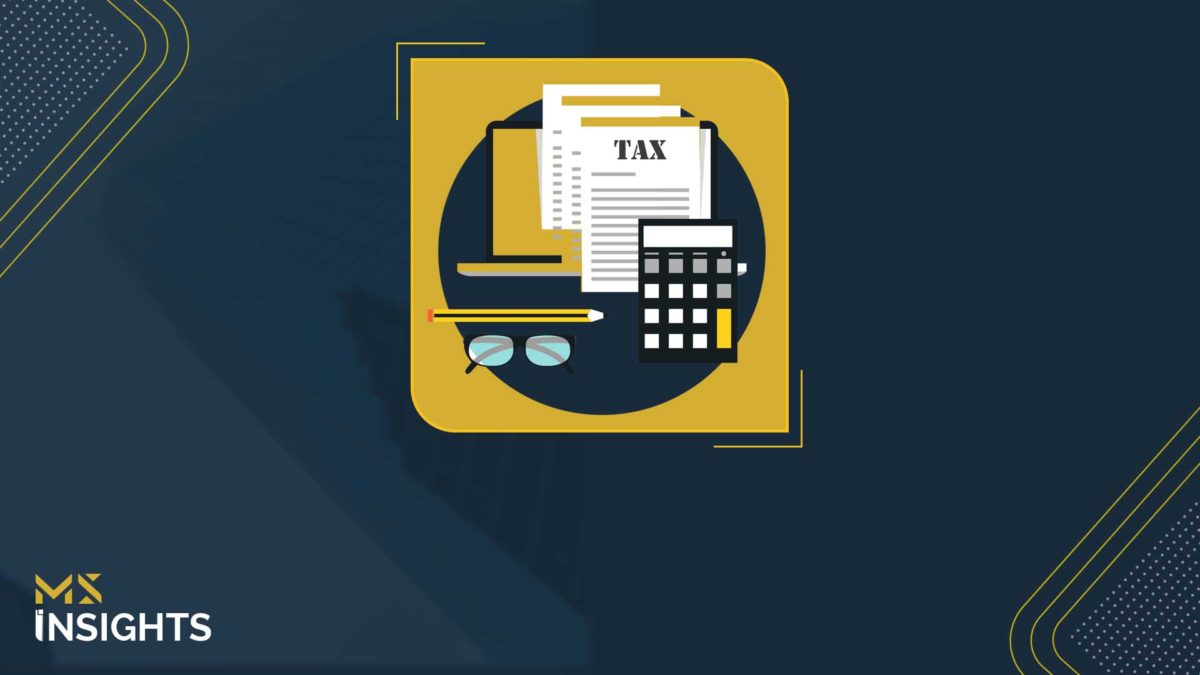In a world where transparency and compliance are key to global business success, the UAE stands out as a forward-thinking nation, committed to aligning with international tax standards. The Economic Substance Regulations (ESR) plays a key role as a game-changer that is redefining the UAE’s spot on the global stage. From safeguarding trade relationships to encouraging genuine economic activity, the role of ESR in the UAE positions the nation as a trusted and competitive hub for global investment.
Before delving in to the role of ESR in the UAE, let’s quickly define what ESR is.
Economic Substance Regulations (ESR) in the UAE are designed to ensure that companies conducting certain activities, such as banking, insurance, and investment management, have a real economic presence in the country. Introduced to align with international standards set by the OECD and EU, ESR requires businesses to maintain sufficient staff, premises, and operations within the UAE. Role of ESR in the UAE is important and these regulations aim to prevent tax avoidance practices and promote transparency, reinforcing the UAE’s reputation as a compliant and attractive jurisdiction for global business.
Role of ESR in the UAE Regulatory Landscape
- Alignment with International Standards and Commitments
The implementation of ESR reflects the UAE’s commitment to meeting international tax standards, particularly those set by the Organization for Economic Co-operation and Development (OECD) and the European Union (EU). By adhering to the Base Erosion and Profit Shifting (BEPS) framework, the UAE reinforces its reputation as a cooperative jurisdiction in global tax matters. This alignment underscores the role of ESR in the UAE, as it is essential not only for maintaining favourable trade relationships but also for avoiding potential inclusion on international blacklists, which could impact the country’s economy and foreign investments.
Complementing Other Regulatory Measures
ESR is not an isolated regulation; it complements several other regulatory measures in the UAE. For example, ESR intersects with the UAE’s Federal Corporate Tax Law, which requires entities to align their activities and structures in compliance with local tax obligations. It also relates closely to Transfer Pricing (TP) regulations, as both sets of rules ensure that businesses have substance in the UAE and that transactions between related entities are conducted at arm’s length.
The Anti-Money Laundering (AML) regulations are another important component of the UAE’s regulatory framework. ESR supports AML efforts by requiring businesses to provide transparency about their operations, ownership, and economic activities, thereby reducing the risk of illicit financial flows. All these highlight the role of ESR in the UAE.
- Encouraging Genuine Economic Activity
The core purpose of ESR is to encourage businesses to establish a real economic presence in the UAE. This aligns with the country’s strategic vision to diversify its economy away from oil dependency and foster sustainable growth. By compelling companies to maintain adequate premises, employ sufficient staff, and incur local operating expenditures, ESR drives genuine investment and economic activity within the UAE. This, in turn, contributes to the development of key sectors and supports the UAE’s ambition to become a global business hub.
- Enhancing Investor Confidence
ESR plays a significant role in enhancing investor confidence by promoting transparency and fairness. International investors are increasingly prioritizing jurisdictions that offer not only tax efficiency but also robust regulatory frameworks that mitigate risks associated with tax evasion and avoidance. The UAE’s adoption of ESR sends a strong message that it is a safe and reliable destination for long-term investment.
Role of ESR in the UAE: Upcoming Deadline
An important ESR deadline is approaching for businesses in the UAE and compliance is crucial. If your financial year concluded on 31st March 2024, you must submit your ESR notification by 30th September 2024. Missing this deadline can result in significant penalties, including financial fines and increased scrutiny from regulatory authorities. To avoid these risks, it’s critical to ensure that your E SR notification is filed on time, reinforcing your company’s commitment to compliance and its reputation within the UAE’s competitive business landscape.
Mastering ESR in the UAE with MS’s Expertise
Staying compliant with ESR is essential to avoid penalties and protect your business’s reputation. At MS, we are dedicated to simplifying the ESR filing process for you, providing expert guidance at every step. Our tailored services help you determine if your business undertakes Relevant Activities, ensuring accurate assessment and seamless compliance. With our experienced team by your side ESR regulations in the UAE becomes a straightforward and stress-free experience, allowing you to focus on growing your business with confidence.
